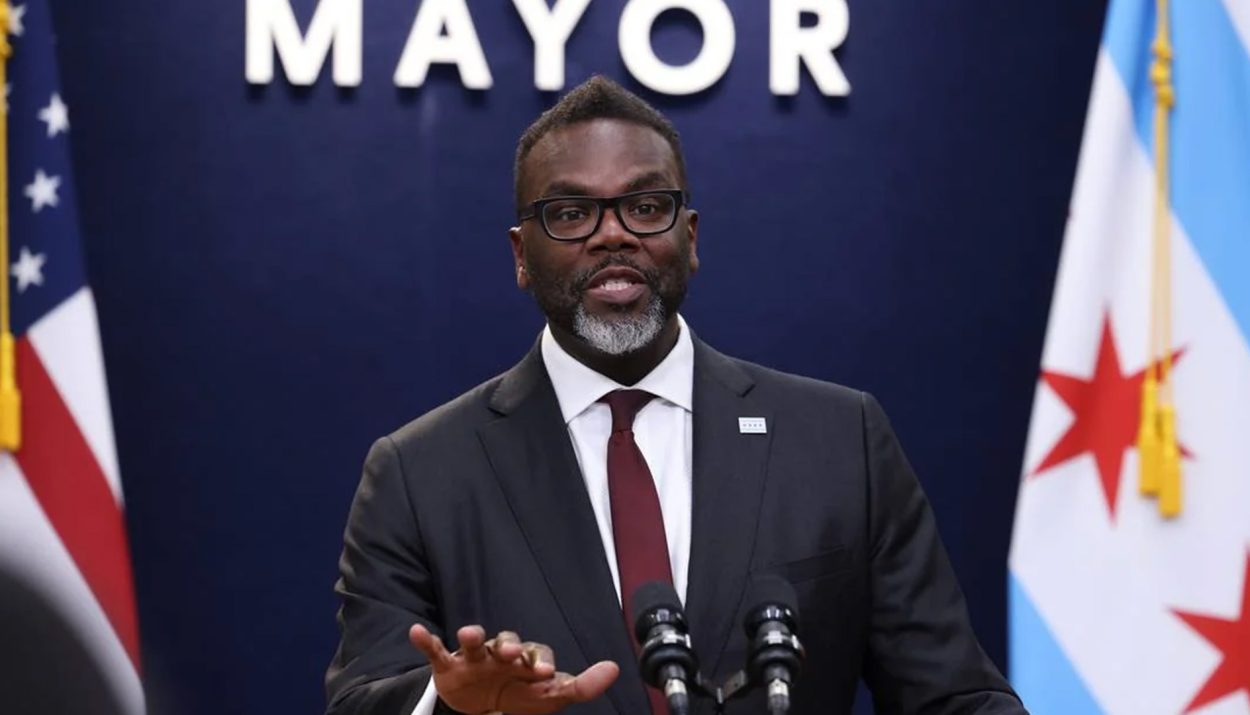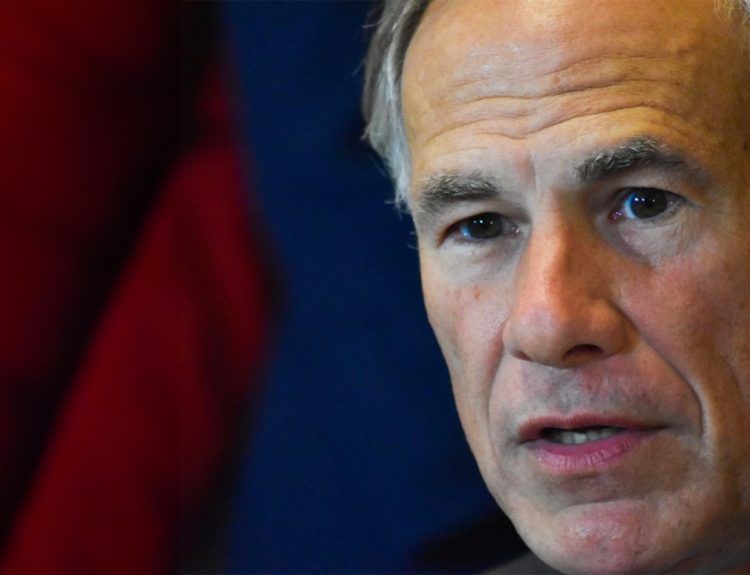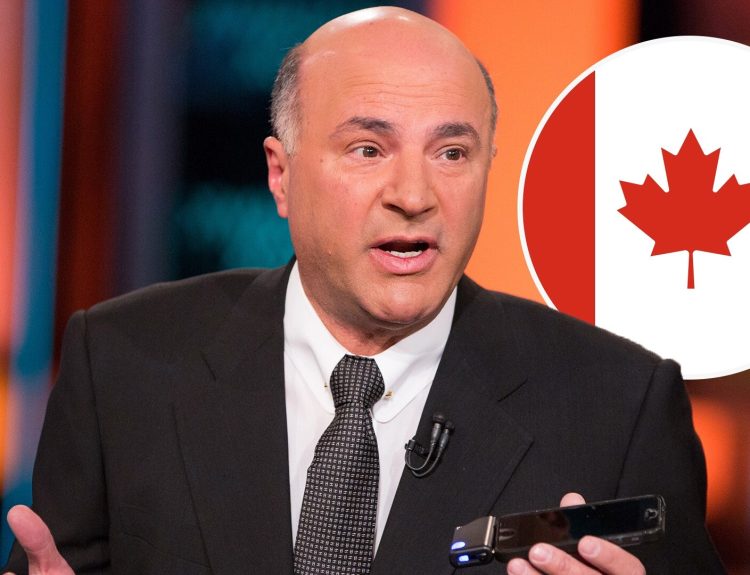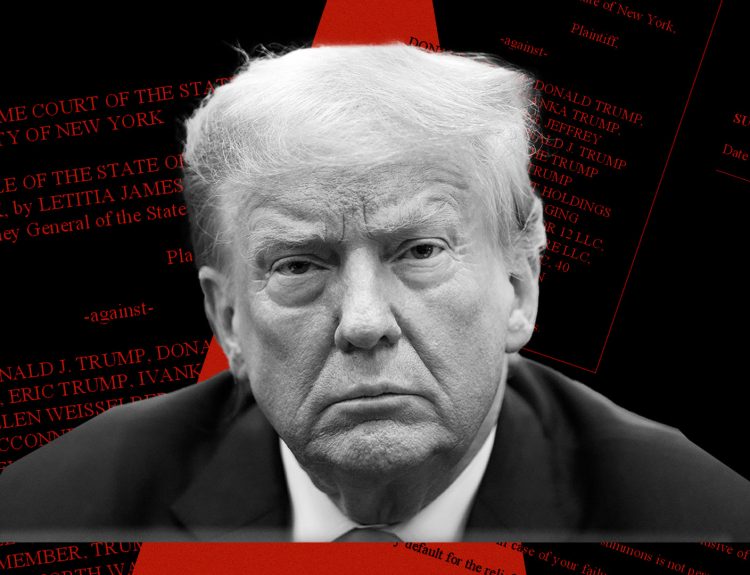In a surprising turn of events, Chicago Mayor Brandon Johnson has pointed fingers at Trump voters for the failure of his recent tax hike referendum. The proposed “Bring Chicago Home” initiative, which aimed to combat homelessness in the city, was rejected by voters on Tuesday. Johnson’s controversial remarks have sparked a heated debate about the role of political affiliations in local decision-making.
Chicago Voters Reject “Bring Chicago Home” Referendum
The “Bring Chicago Home” referendum, championed by Mayor Brandon Johnson, promised to generate $100 million in new tax revenue to address the city’s homelessness crisis. The proposal aimed to hike taxes on high-value real estate purchases, but voters ultimately struck it down by a margin of over 7 points, with a difference of more than 22,000 votes.
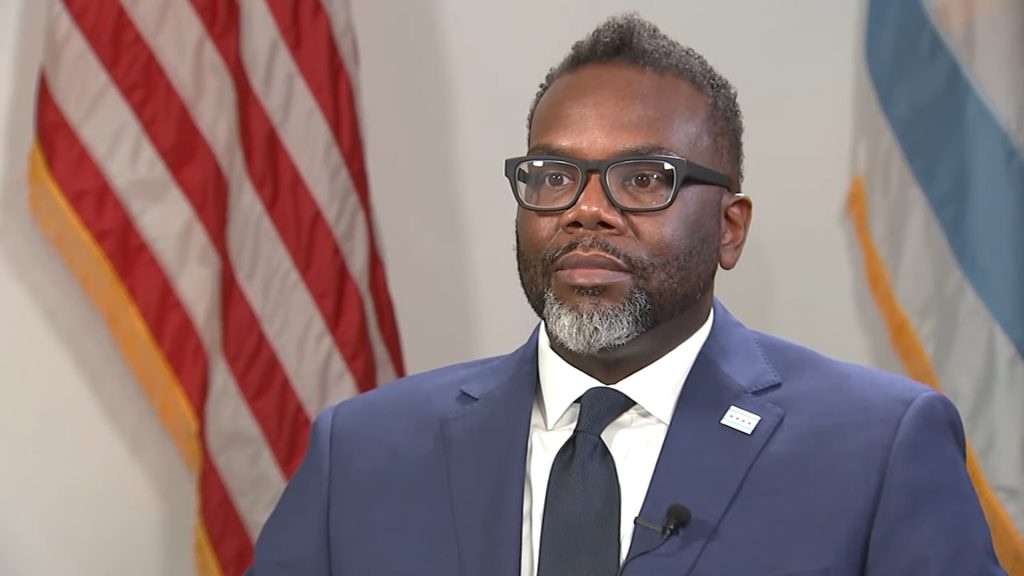
The rejection of the referendum comes as a blow to Johnson’s administration, which had hoped to secure additional funding to tackle the pressing issue of homelessness in Chicago. The mayor’s post-election remarks, however, have shifted the focus from the referendum’s failure to the role of Trump voters in the city.
Johnson Suggests Trump Voters Played a Role in Referendum’s Failure
During a post-election press conference on Wednesday, Mayor Johnson cited the “38,000” Chicago residents who had voted for former President Donald Trump in the recent primary election. He suggested that there’s a “good chance” these voters played a part in the referendum’s failure.

“It’s also not lost on me, I think there were 38,000 Republicans that showed up and voted for Donald Trump, or something like that, in Chicago,” Johnson said. “If we’re trying to draw some conclusions, and you all want some other, you know, analytics you might want to discover, that might be something to look into because there’s- I’ll just say there’s a good chance that that played a part in this referendum.”
Breakdown of Republican Primary Voters in Chicago
According to the Chicago Board of Election Commissioners’ website, approximately 37,000 Republican primary voters turned out for Tuesday’s primary. Of those voters, roughly 29,000 cast their ballot for Trump, who secured 78.5% support within the party.

While Johnson’s remarks suggest a correlation between Trump supporters and the referendum’s failure, critics argue that the mayor’s statement oversimplifies the complex factors that influence voter decisions. The referendum’s opponents had raised concerns about the lack of a clear plan for the allocation of the proposed $100 million in revenue.
Proposed Changes to Chicago’s Property Tax Structure
The failed “Bring Chicago Home” referendum aimed to overhaul the city’s flat 0.75% property tax rate by introducing a progressive tax structure for multi-million dollar properties. Properties purchased for less than $1 million would have seen their rate reduced to 0.6%, while those bought between $1 million and $1.5 million would have faced a 0.6% tax on the first $999,999 and a 2% tax on the remaining amount.
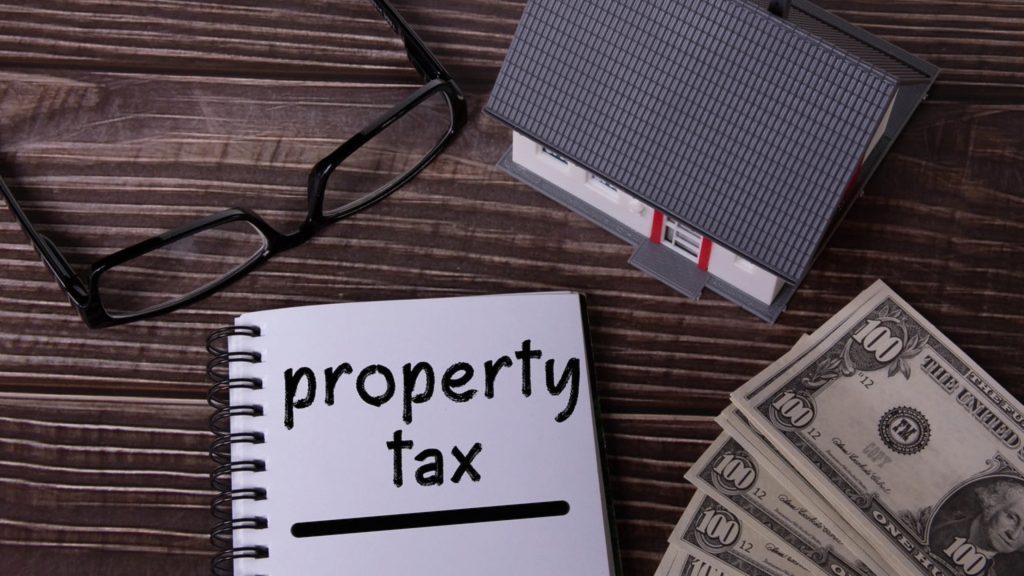
The Chicago Tribune reported that properties sold for more than $1.5 million would have been subject to a 0.6% tax on the first $999,999, a 2% tax on the next $500,000, and a 3% tax on the remaining balance. The proposed changes aimed to generate additional revenue for the city’s efforts to combat homelessness.
Johnson Defends Referendum’s Intentions and Community Process
Mayor Johnson rejected the notion that his administration lacked a plan for the allocation of the $100 million in potential revenue from the failed referendum. He emphasized that the funds would have gone through a “community process,” which he described as “central to my style of leadership.”

“We have one in five Black children particularly who experience homelessness, you got 68,000 people who are unhoused, building more affordable housing, making sure that we have pathways to affordable rent in this city, multi-unit buildings,” Johnson said. “Again, where the neighborhoods who are most impacted by this issue, they knew exactly what they were voting for.”
Mayor Questions Voter Understanding and Calls for Increased Awareness
Johnson suggested that the neighborhoods most affected by homelessness understood the importance of the referendum, while those less impacted may not have fully grasped its significance. He called for increased awareness and understanding among all Chicago residents, regardless of their direct experience with the issue.

“The question is, the people who are not as impacted, how do we make sure that they understand the assignment even if they’re not impacted? Or the point of pain is where we should lead. And the people of Chicago, where that point of pain is quite potent, they’re very clear about what this was about,” Johnson stated.
Johnson Labels Referendum Opponents as “Cowardly”
In a strongly worded statement, Mayor Johnson labeled the opponents of the failed referendum as “cowardly,” questioning their motives and commitment to addressing the homelessness crisis in Chicago. He highlighted the disproportionate impact of homelessness on the city’s Black population.
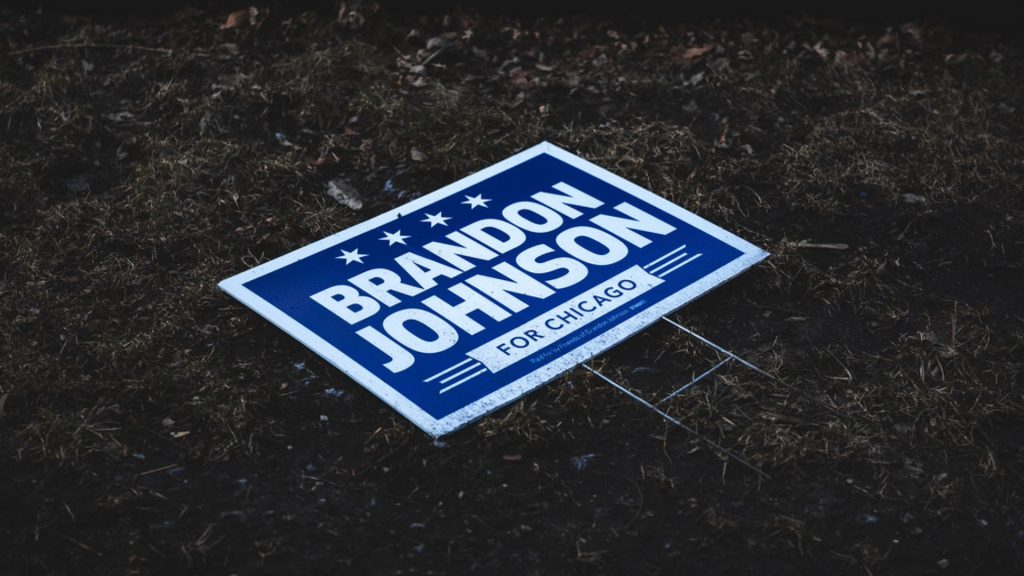
“I don’t know what’s in their heart. I could just say that they were actively working against a measure that would raise revenue to address the homelessness crisis, of which 70% of the folks are Black,” Johnson said. “The stories that got drowned out by those interests were the stories of individual families who have suffered in this city because we have not had enough revenue to address this crisis.”
Organizing and Messaging: Johnson’s Strategy Moving Forward
Despite the setback of the failed referendum, Mayor Johnson remains hopeful and determined to address the homelessness crisis and other pressing issues facing Chicago. He emphasized the importance of organizing and messaging in garnering support for future initiatives.

“So it’s organizing and messaging, you know… I’m still very hopeful and charged to address this crisis, as well as other issues that we’re faced with in this city. That even when we experienced, you know, moments like this, we don’t ever quit. We don’t quit on the people in Chicago,” Johnson affirmed.
Controversy Surrounding Johnson’s Trump Voter Comments
Mayor Johnson’s remarks about Trump voters’ influence on the referendum’s failure have sparked controversy and criticism from various quarters. Some argue that the mayor’s statement unfairly singles out a specific group of voters and oversimplifies the complex factors that shape voter decisions.
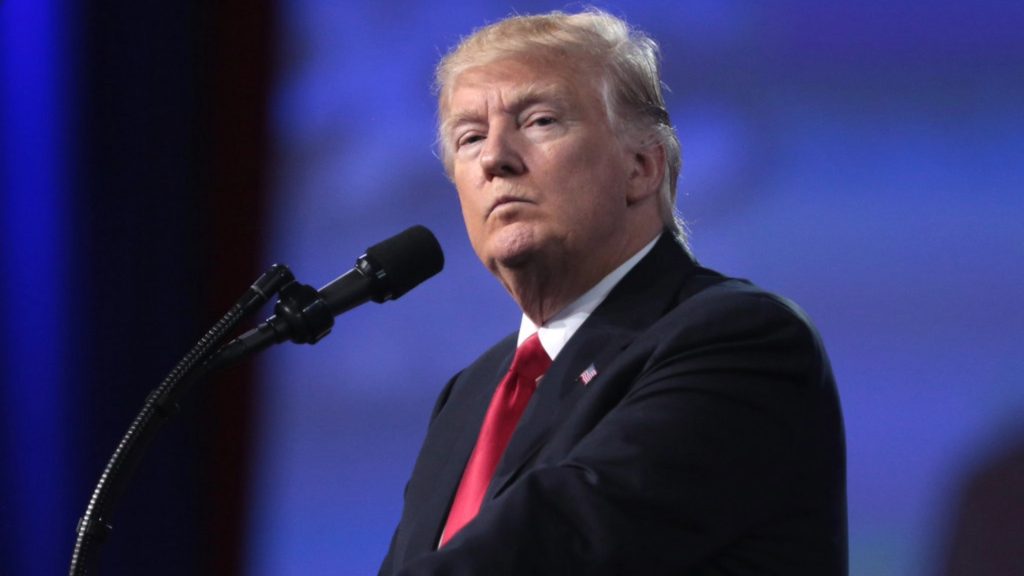
Critics contend that the mayor’s focus on Trump voters distracts from the legitimate concerns raised by opponents of the referendum, such as the lack of a detailed plan for the allocation of the proposed $100 million in revenue. They argue that Johnson’s comments risk further dividing an already polarized electorate.
Homelessness Crisis in Chicago: A Pressing Issue
The failure of the “Bring Chicago Home” referendum has brought renewed attention to the urgent need to address homelessness in Chicago. With an estimated 68,000 individuals experiencing homelessness, including a disproportionate number of Black children, the city faces a significant challenge in providing adequate housing and support services.
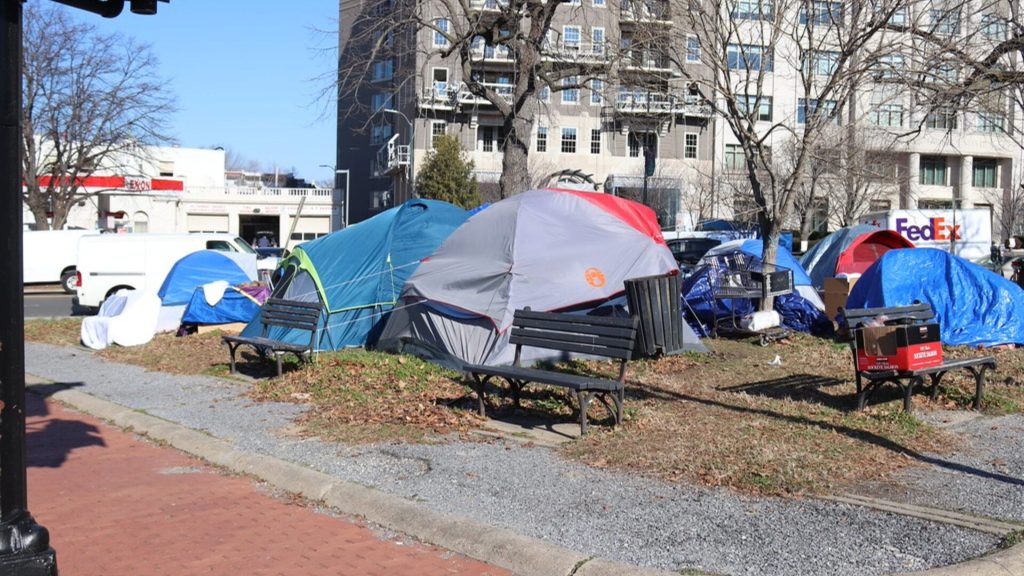
Mayor Johnson’s administration has pledged to explore alternative strategies and funding sources to tackle the issue, recognizing that the rejection of the referendum does not diminish the urgency of the situation. Advocates for the homeless have called for a comprehensive, multi-faceted approach that addresses the root causes of homelessness and provides long-term solutions.
Impact on Johnson’s Political Future and Agenda
The failure of the “Bring Chicago Home” referendum and the controversy surrounding Mayor Johnson’s comments about Trump voters have raised questions about the potential impact on his political future and agenda. As a newly elected mayor, Johnson had hoped to make significant progress in addressing homelessness and other pressing issues facing the city.

Political analysts suggest that the setback of the failed referendum, combined with the divisive nature of Johnson’s remarks, could potentially hinder his ability to build broad coalitions and advance his policy priorities. However, supporters of the mayor argue that his commitment to tackling tough issues and his willingness to engage with communities most affected by homelessness will ultimately work in his favor.
Lessons Learned and the Path Forward
As Chicago grapples with the aftermath of the failed “Bring Chicago Home” referendum, there are valuable lessons to be learned for both Mayor Johnson’s administration and the broader community. The experience highlights the importance of effective communication, detailed planning, and inclusive decision-making processes when proposing significant policy changes.
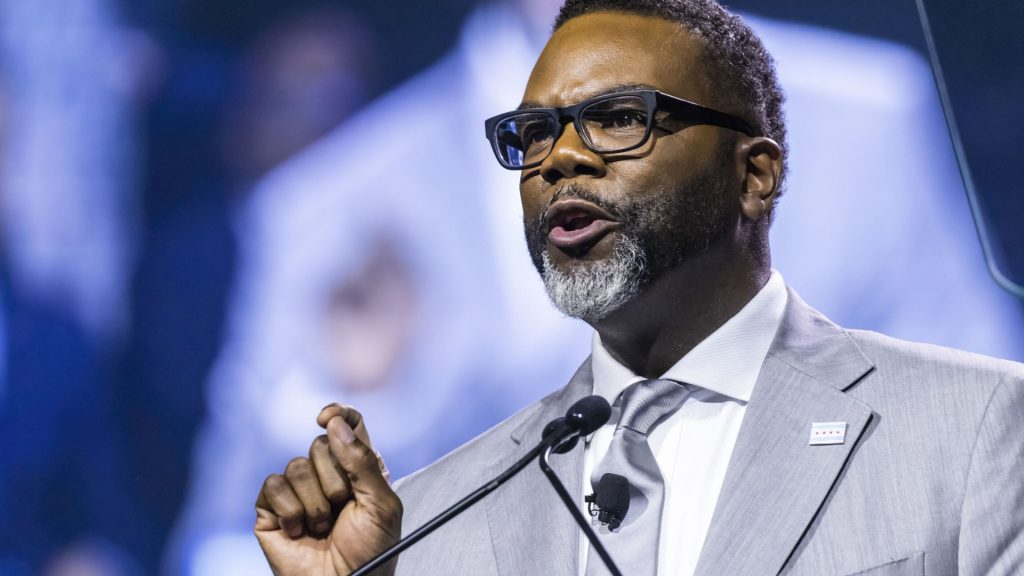
Moving forward, the mayor and city leaders must engage in open and constructive dialogue with all stakeholders, including those who opposed the referendum, to find common ground and develop comprehensive solutions to the homelessness crisis. By fostering a spirit of collaboration and understanding, Chicago can work towards a future where every resident has access to safe and affordable housing.

